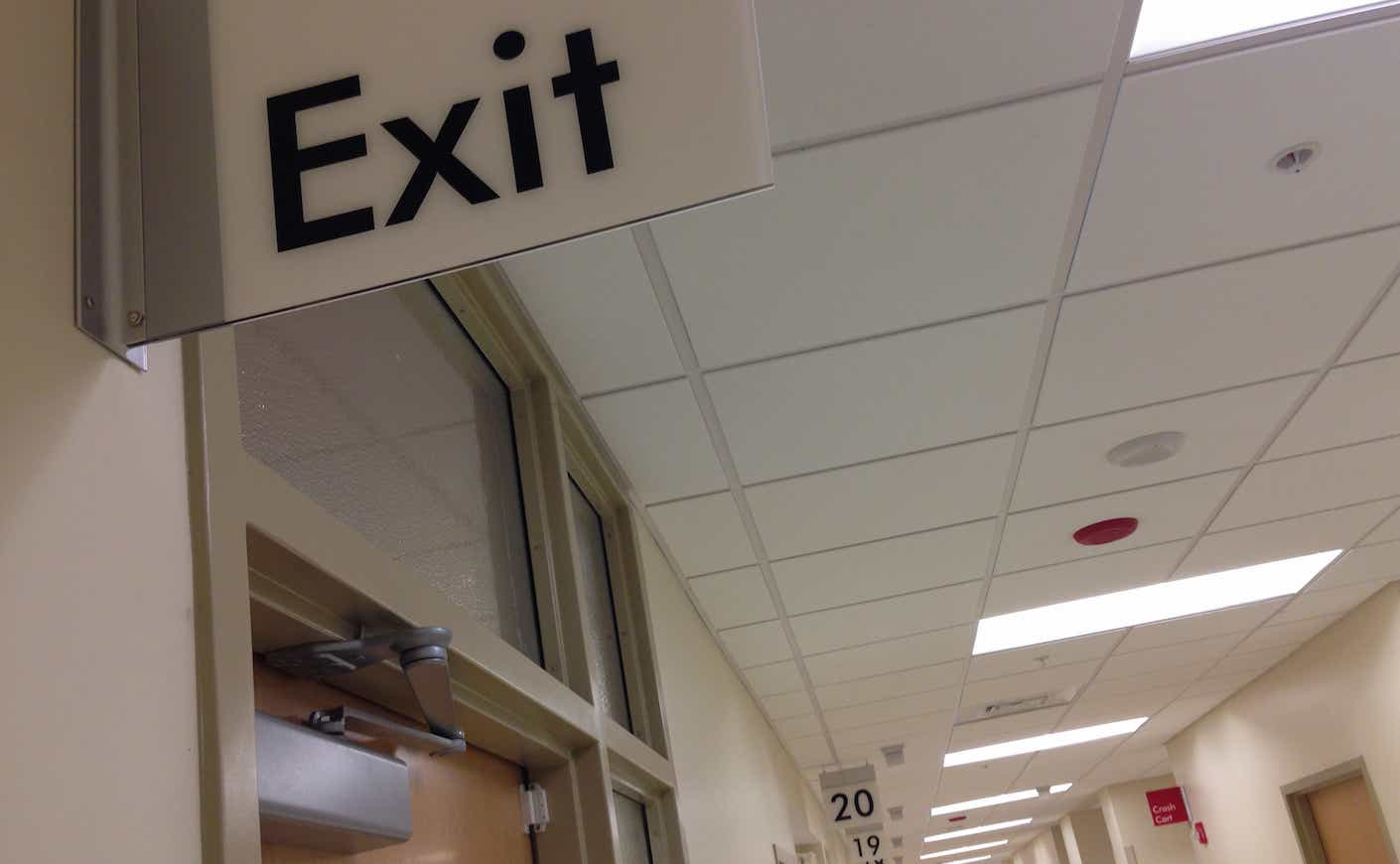When Tiffany Wright learned that her mother would finally be discharged from the hospital after 19 days in the hospital undergoing cancer treatments, she should have been elated. Instead, says Wright, “I almost lost it.”
Wright’s mother, 71-year-old Dorothy Freeman, had been treated at the Memorial Sloan Kettering Cancer Center (MSK) for multiple myeloma. As part of her recovery, Freeman required follow-up care at a rehabilitation facility, but her insurance company informed Wright that the request for coverage was denied. “You’re [already] dealing with a sick family member, then you’re having to deal with the insurance,” says Wright. “There are so many moving parts.”

Plus Wright, an only child, lived two hours from her parents. Navigating these unexpected hurdles while staying emotionally strong for her mother felt like an insurmountable task, and Wright was alone and afraid. “I didn’t expect to get any help,” she admits. “Then Mercedes showed up.”
Mercedes Tolentino-Nacion, RN, was Freeman’s case manager, a member of the MSK team who supports patients and their families at the critical stage when a hospitalized patient is ready for discharge and needs more medical services, either at home or another facility. Tolentino-Nacion was there to figure out a way to get Freeman’s insurance to cover her rehab. “You cannot send a patient home without finding a solution,” she says.
Tolentino-Nacion didn’t see the insurance denial as a failure: She saw it as a challenge. As a registered nurse, Tolentino-Nacion knew the rehab center wasn’t optional — it was critical to Freeman’s recovery. Having spent much of her career as an MSK case manager navigating the complexities of the insurance system, she confidently took control of the appeals process for Wright. “You just try to work around the system as best you can,” Tolentino-Nacion explains. This time, Freeman’s claim was approved. “It was such a relief,” says Wright. “Mercedes helped us get my mom into the place she needed to be.”

Freeman, now out of rehab, is recovering at home with her husband. With the help of a home health aide and visiting nurse, she’s been able to maintain her independence. “Without Mercedes, I don’t know what we would have done,” says Wright. “She went above and beyond to help us.”
Tolentino-Nacion is just one of more than 40 case managers at MSK whose sole responsibility is to ease the burden for patients and caregivers during the transition from hospital to home. “It’s our department’s job to advocate for you every single day you’re in the hospital, so when the day comes that you’re finally discharged, all you need to focus on is getting healthy again,” says Stephanie Puccia, Director of Case Management at MSK.
Unlike some hospitals, at MSK, every case manager is a registered nurse. This means they’re not only well-versed in navigating insurance headaches, they’ve seen firsthand why these claims need to be handled carefully in order for patients to return home safely. They understand that these patients are not numbers — they’re people.
From the moment a patient arrives at MSK, Puccia and her team are already planning to ease their transition back home. “We do a specialized assessment for each patient when they arrive, to make sure they don’t slip through the cracks once they’re discharged,” she explains. “What’s their community and support network like outside of the hospital? Do they have somebody living with them? What equipment will they need at home, and do they already have it? Do they have prescription coverage?” These concerns aren’t usually top of mind for a patient when they’re battling cancer. But Puccia and her team are two steps ahead so once it’s time to focus on discharge, an MSK case manager has already worked out a plan.
“Some people don’t have family support when they get home, and they can feel really lost,” she says. “For others, ‘going home’ means palliative care, so families who are already facing grief feel the additional burden of figuring out how they’re going to pay for all of this.” Every single bed at the hospital is assigned a case manager, and that person speaks directly with the patient and their family before discharge, to make sure they’ve got a plan in place.
In addition to helping with care after leaving the hospital, Puccia and her team are pros when it comes to getting insurance companies to provide for necessary adjustments in a patient’s home. “We’ve got some little tricks that people usually have no idea are available,” says Puccia. “For example, some insurance companies won’t cover both a shower chair and a commode, so we’ll put in a claim for a commode that also serves as a shower chair. We’ll anticipate that need and make the arrangement.”
Puccia says what makes her team great is its ability to rework a problem again and again until they find a solution. “If an appeal is denied, we’ll get the doctor involved,” she says. “We’ll find necessary documentation. And then we’ll appeal again. We put up this fight so patients and their families don’t have to go it alone.”
Tolentino-Nacion loves that her job makes life easier for patients and their families: “Basically, you’re a problem solver,” she says. “And maybe a little bit of a bulldog when you need it.” She also attributes her personal dedication to each case to the bonds she forms with patients and their families. Of Wright, Tolentino-Nacion says, “She was such a dedicated daughter, I just wanted to do more for her. To be able to tell her Here, let me lift a little of this burden for you.”
To get MSK’s newsletter with the latest on cancer care and research, subscribe to MSK Now.
Learn more here:
Planning for Your Discharge | Memorial Sloan Kettering Cancer Center (mskcc.org)









